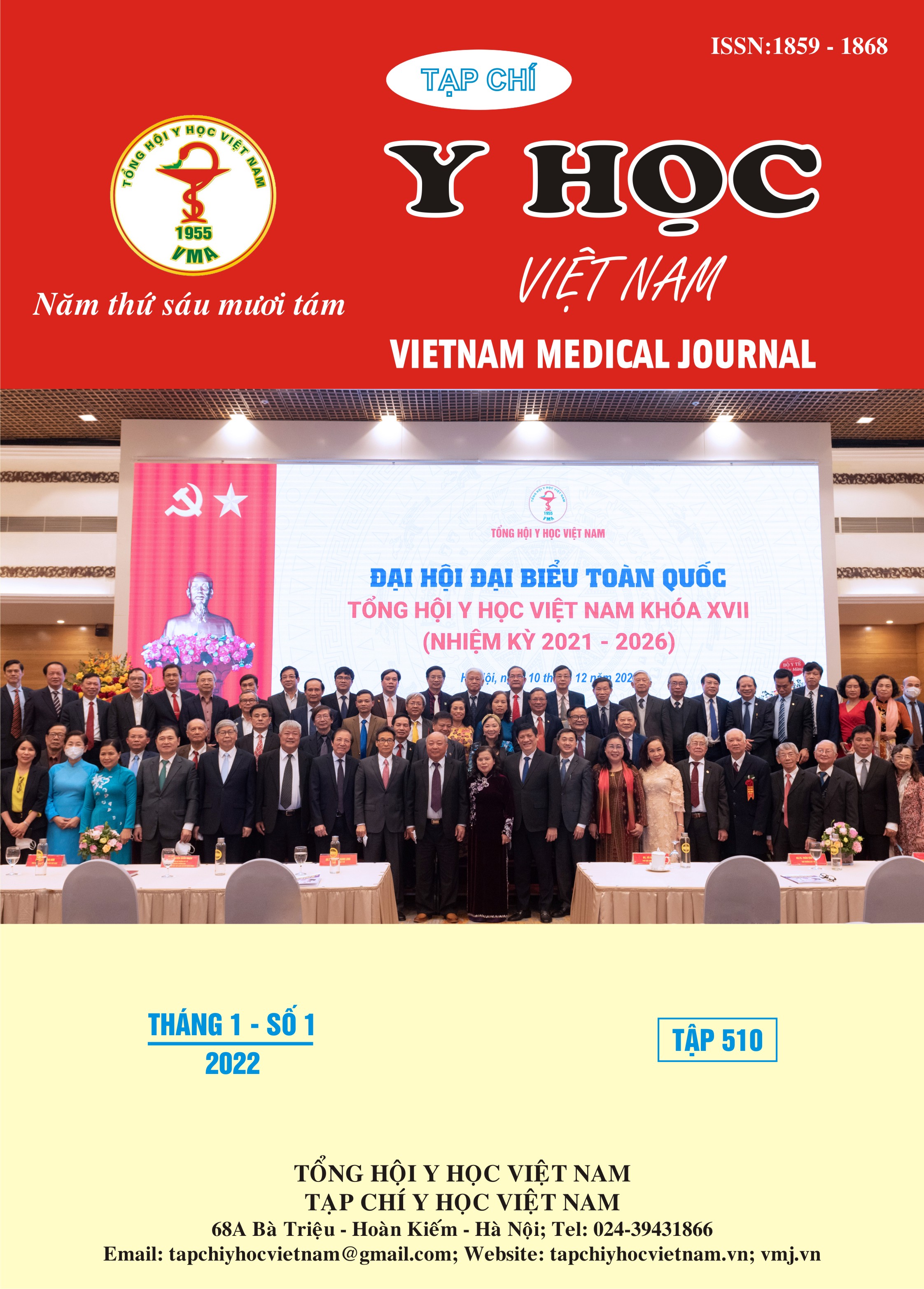REVIEW ABOUT THE ASSOCIATION BETWEEN GENES AND METABOLIC DISEASES BASED ON CircleDNA TEST
Main Article Content
Abstract
Genes and metabolic syndromes is a branch of genomic testing, to determine the role of specific gene variants with metabolism-related characteristics, including the responses to diet, and the interactions between genes and diet on health status and the risk of metabolic diseases. Studies about genes and metabolism have shown that: 1) Genes that have been shown to be strongly associated with type 2 diabetes is TCF7L2, type 1 diabetes is SLC30A8, (2) The genes have been shown to be associated with all markers of dyslipidemia, including total cholesterol, LDL, HDL, and cholesterol, triglycerides are PCSK9 and LDLR, (3) Some polymorphisms of the FTO gene can increase the risk of overweight and obesity in many subjects such as adults, children... BDNF gene affects the regulation of homeostasis. energy, as well as cravings and related neurological disturbances, (4) Genes that have been shown to be associated with common cancers include MSH2 gene for colorectal cancer, BRCA1, BRCA2 for breast cancer
Article Details
Keywords
metabolic disease, metabolic disorders, genes, metabolism
References
2. Gohlke, H., et al., SLC30A8 (ZnT8) Polymorphism is Associated with Young Age at Type 1 Diabetes Onset. Rev Diabet Stud, 2008. 5(1): p. 25-7.
3. Chang, W.C., et al., LDLR-mediated lipidome-transcriptome reprogramming in cisplatin insensitivity. Endocr Relat Cancer, 2020. 27(2): p. 81-95.
4. Li Z, et al., Polymorphisms in PCSK9, LDLR, BCMO1, SLC12A3, and KCNJ1 are Associated with Serum Lipid Profile in Chinese Han Population. Int J Environ Res Public Health., 2019. 16(17).
5. Hess, M.E. and J.C. Bruning, The fat mass and obesity-associated (FTO) gene: Obesity and beyond? Biochim Biophys Acta, 2014. 1842(10): p. 2039-47.
6. Baumert, P., et al., Genetic variation and exercise-induced muscle damage: implications for athletic performance, injury and ageing. Eur J Appl Physiol, 2016. 116(9): p. 1595-625.
7. Boyajyan, A.S., S.A. Atshemyan, and R.V. Zakharyan, [Association of schizophrenia with variations in genes encoding transcription factors]. Mol Biol (Mosk), 2015. 49(6): p. 977-83.
8. Anastasiadi, Z., et al., Breast cancer in young women: an overview. Updates Surg, 2017. 69(3): p. 313-317.


